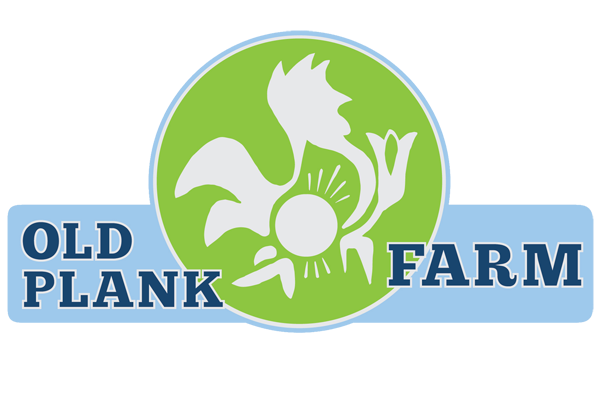I can't stop thinking about Dino. For those of you who follow us on Facebook, you know what I'm talking about.
I recently read an article about Dino, a fully autonomous robot that weeds vegetable fields. The creators of Dino have a great video on their website showing off what Dino can do. After watching the video, my only question for the engineers is, Why didn't you name it Yoshi?!
Robotic weeding tools are not entirely new, but usually they are implements that are pulled by a tractor, which still has a driver. Dino not only senses the vegetable crops and weeds between the rows like other robotic tools, but he even FINDS the rows by himself, no tractor or driver necessary. Way to go, Dino. Seriously, watch the video!
Technological advances such as Dino bring along the usual debates about farm size and labor. Will Dino take away jobs, hiking up unemployment rates? Or is the robot just a necessary tool, just like any other tractor cultivator, that helps improve a farmer's profitability? Do tools like this make mono-crop agribusinesses so efficient that the value of vegetables will go so low as to put small farms like Old Plank Farm out of business?
For now, Dino is neither a big threat or a realistic prospect at Old Plank Farm. The engineer-geek within me just thinks it's a pretty awesome toy, and I'm jealous I didn't invent it! You may not know that in high school and college I studied computer science and engineering. After which I started a farm. These things happen. Anyway, I've never looked back, but I'll admit that watching Dino's video made me think wow, I could've worked on projects like this if I'd followed a different path!
Digging a little deeper in my memory, I realize I probably never was suited to the task of engineer inventor. I remember my first attempt at inventing something, which was for the 5th grade "Invention Convention" at my grade school. The project I came up with was inventing a robot that would wake me up in the morning and help me get dressed and make my bed. In my head it made perfect sense, like most terrible ideas do. But after much debate with my ever-patient mother, I realized it wasn't a realistic project, given the three-week deadline and the fact that I was 10 years old.
So I settled on inventing a handheld tool that would help pull shoelaces tight. I could make this out of a clothes hanger and add some rubber padding to make comfortable handles. It hooked around shoelaces and gave the user good leverage, especially helpful for getting ice skates tight. This was a fine invention and should have been a relief for my mother since it didn't have a 1 million dollar production budget. The only trouble was my innocent 10-yr-old self decided to call the invention The Hooker. It's a wonder my mother didn't get grey hair while I was growing up.
So yes, inventing robots like Dino looks like fun to me. As I watch Dino’s video, my engineer shoulder angel thinks you could totally build something like that, while on the other side my wise-and-experienced shoulder angel is rolling around laughing so hard at me it falls off my other shoulder. I will stick with keeping my hands in the dirt, growing your vegetables, and being more grateful to have the opportunity to do this than to do anything else in the world.
Dino’s Weeding Fingers. We have a tool like these at Old Plank Farm, but not robotic controlled!















